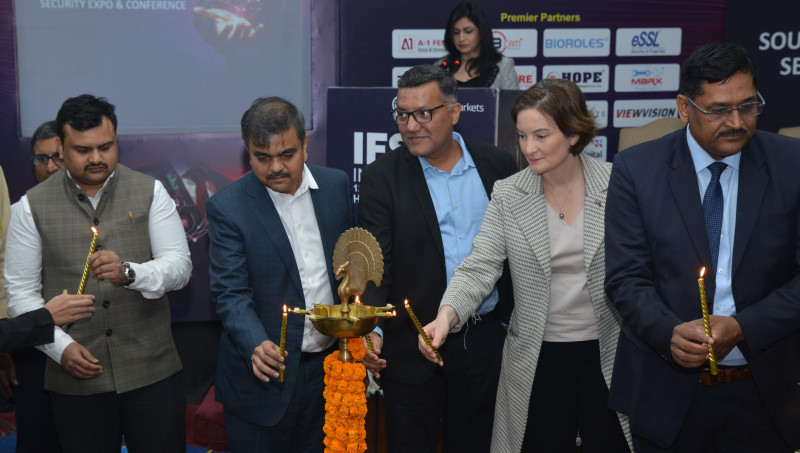Malnutrition remains a significant public health challenge in India, deeply rooted in poverty, systemic inequalities, and environmental factors. Despite economic advancements, undernutrition and micronutrient deficiencies continue to impede the nation's progress.
According to the 2023 Global Hunger Index, India ranks 111th out of 125 countries with a score of 28.7, signaling a "serious" hunger situation. Although this marks a slight improvement from 2015's score of 29.2, the rate of progress lags behind peer economies. Alarmingly, India has the highest child wasting rate globally (18.7%), and 35.5% of children under five are stunted, leading to long-term consequences for health, cognitive development, and productivity.
Challenges Hindering Progress
The fight against malnutrition in India faces several formidable obstacles, the most significant being poverty. With 389 million people living in poverty across South Asia, India accounts for nearly 40% of the global poverty rate, leaving millions of children vulnerable. States like Uttar Pradesh, Bihar, and Madhya Pradesh shoulder a disproportionate burden due to systemic challenges and higher poverty rates.
Limited access to nutritious food, clean water, sanitation, and healthcare further exacerbates the problem. As Kapeel Barsaiyan, President of the Buddh Jyoti Foundation (BJF), explains:
"Malnutrition weakens immune systems, increases susceptibility to diseases, and impairs cognitive development, adversely affecting academic performance and future opportunities."
The Role of the Buddh Jyoti Foundation
Since its inception in 2010, the Buddh Jyoti Foundation (BJF), a Delhi based NGO, has been committed to addressing societal challenges through sustainable development, cultural empowerment, and community-driven initiatives. At the heart of its mission lies the belief that nutritious food is fundamental to a healthy and thriving life.
Every day, BJF provides two highly nutritious meals to underprivileged children in New Delhi, ensuring they receive essential vitamins and nutrients for healthy growth. Additionally, the foundation supports economically vulnerable families by distributing fresh and dry fruits, helping them maintain balanced diets. Extending their ethos of care to the animal kingdom, BJF has also adopted cows, ensuring their regular nutrition as part of its community responsibility.
Government Efforts and the Need for Collaboration
India's government has introduced several landmark programs to combat malnutrition, such as:
- POSHAN Abhiyaan: A comprehensive mission to improve the nutritional status of children, pregnant women, and lactating mothers.
- Integrated Child Development Services (ICDS): Providing supplementary nutrition, education, immunization, and health check-ups.
- Mid-Day Meal Scheme: Addressing hunger among school-going children through daily meals.
While these initiatives have made notable progress, Secretary General of BJF, Kshipra Simon, emphasizes the need for a more integrated approach:
"Comprehensive strategies addressing poverty, education, healthcare, and sanitation are crucial. Collaborative efforts between policymakers, NGOs, and communities are essential to ensure a well-nourished and healthier future for India's children."
A Call for Action
True progress is measured by the well-being of every member of society. By prioritizing nutrition and equity, India can chart a path toward sustainable development and a brighter future for its younger generation.
At BJF, the commitment to nourishing lives extends beyond the plate. Together, we can transform lives, one meal at a time.


.jpg)